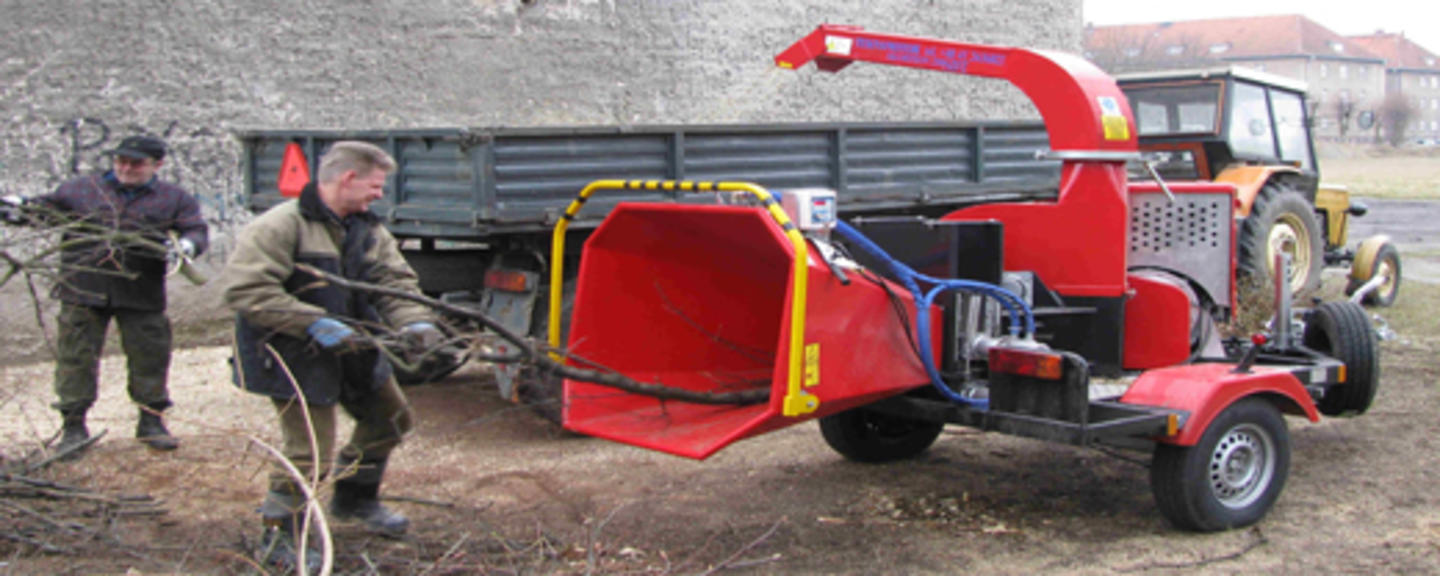Until recently, the Youth Education Centre in Bartoszyce was heated by technologically old-fashioned and environmentally unfriendly heating plants relying on coal and oil. In addition to being expensive, this heating system was also uncomfortable for people using the building, as it was not possible to control the temperature in the rooms.
A €2 million grant from Iceland, Liechtenstein and Norway enabled the Bartoszyce District to replace the old heating plants with a new and automatic central heating plant. The new, automatised heating system guarantees safer operation, and uses natural wood chips as fuel. A heating network has been installed, delivering fuel from the heating plant to the buildings, and the buildings’ interior central heating installations have been conversed from a steam system to a water system. New roofs and ceilings have been installed, and windows and doors have been changed to reduce energy use and costs.
Today, the CO2 emissions have been reduced by close to 7300 tonnes per year – twice as much as the expected outcome. In addition, the emissions of nitric oxide and nitrogen dioxide, which are both major causes of smog and acid rain, have been reduced by 1.6 tonnes per year. The renovation has also decreased the heating demand significantly – and the indoor air temperature has been stabilised to a comfortable 20 degrees Celsius in all the rooms. The centre’s switch to bio fuel also creates a local bio fuel market, which again is expected to contribute to the creation of new workplaces in the region.
The Youth Education Centre houses an orphanage, an education centre and the Complex of Mechanical Schools with workshops and a dormitory, a gym and a swimming pool.
Photo: Making wood chips to be used as fuel. The picture is taken by Bartoszyce District.
